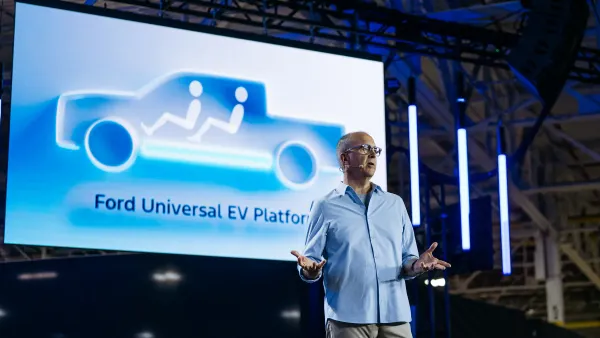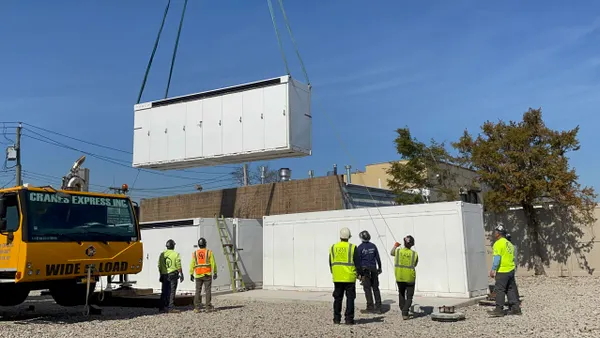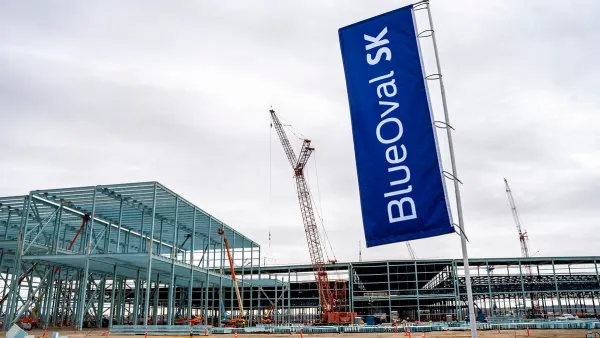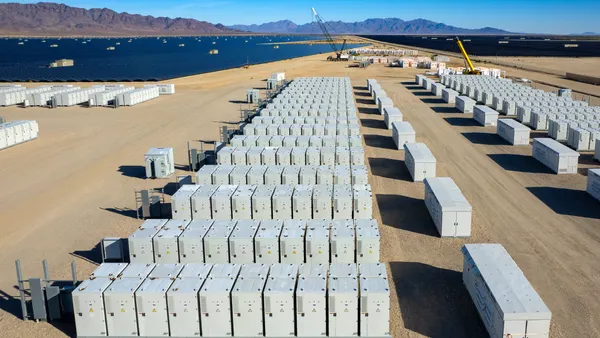Dive Brief:
- After completing several pilot projects, Duke Energy said it is ready for a commercial storage project to be fully operational in a regulated market, SNL Energy reports.
- That marks a significant turnaround from just a couple of years ago, when regulators were unsure how to treat energy storage and it was generally not economical. But with the projects spreading and regulators gaining comfort, Duke says the energy and support they provide can be properly valued.
- But the utility is still testing storage projects, and this month announced a Hybrid Energy Storage System (HESS) would be installed at its its Rankin Substation in Gaston County, N.C.
Dive Insight:
It's not just that the cost of energy storage is rapidly falling – though it is. Duke Energy told SNL that it regulators are now more comfortable with storage projects and the proper price signals are finally in place, to allow successful integration of storage into regulated service areas.
"This approach will allow our energy storage systems to do a variety of tasks," said Thomas Golden, technology development manager for Duke Energy. "With so many solar installations in North Carolina, we must look for innovative ways to better incorporate renewable energy into our system – and still provide reliable service at a competitive price for our customers."
At the substation, one of the distribution lines has a 1.2-megawatt solar installation connected a mile away. With North Carolina third in the nation for installed solar power, managing and maintaining these grid-connected renewable installations is critical now and in the future, said Golden.
"Energy storage is changing the paradigm on how we generate, distribute and use energy. The demonstration of new technologies will help facilitate wider adoption across the nation," said Matt Roberts, executive director of the Energy Storage Association (ESA).
















